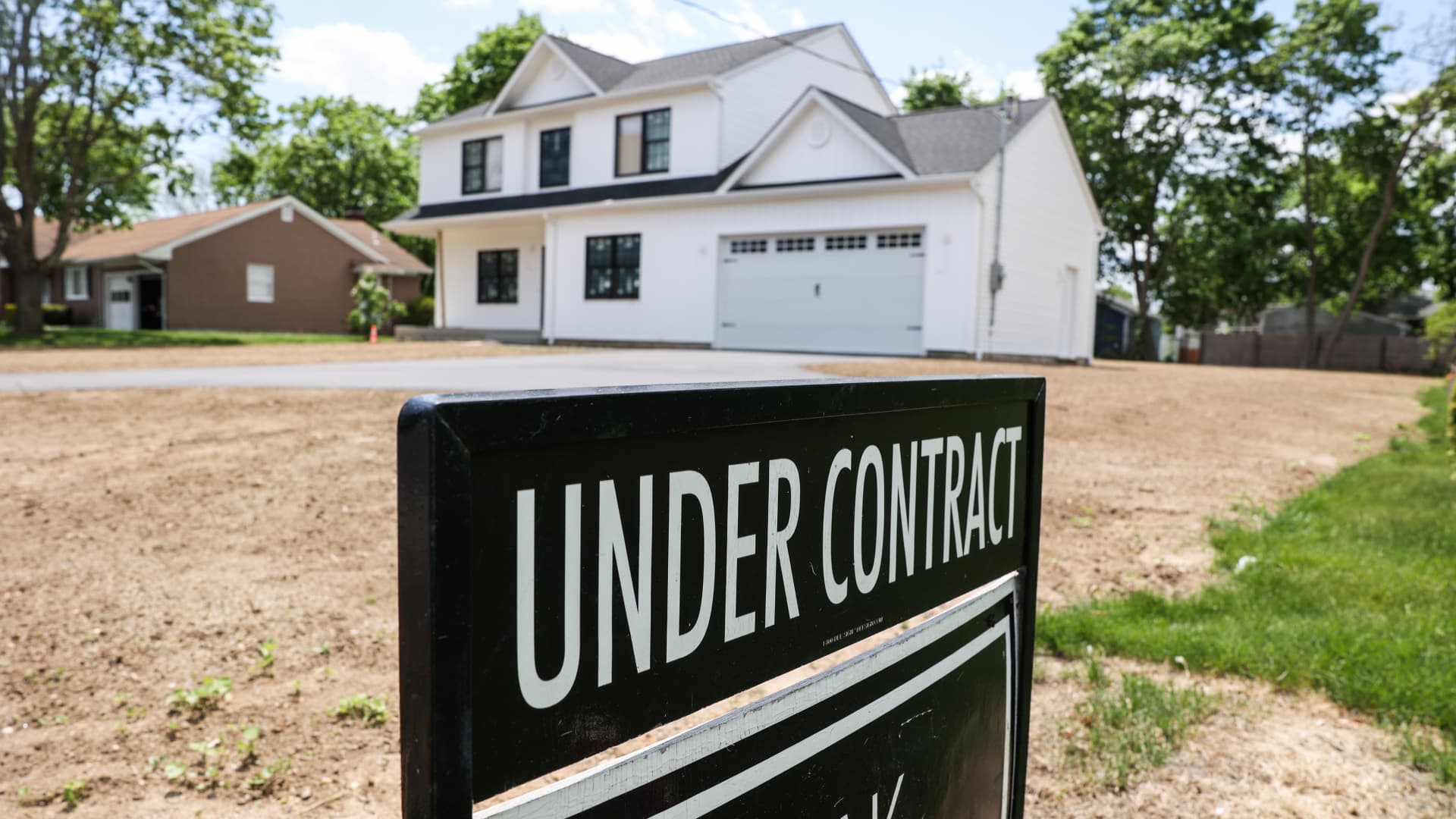Products You May Like
Amid higher interest rates and a softening housing market, home buyers are continuing to back out of purchase contracts at an elevated rate.
About 64,000 home-purchase agreements were canceled in August, according to a new report from Redfin. That’s equal to 15.2% of home contracts initiated during the month and similar to the 15.5% canceled in July. A year ago, the share was 12.1%.
If you’re considering joining the ranks of those who walk away from a deal in progress, it’s important to know whether it will cost you to do so. Or, if you haven’t yet signed a contract but are nearing that point, it’s worth determining if you can cancel at some point in a way that doesn’t result in forfeited money.
Your deposit may be at stake
Typically, buyers provide what’s called an earnest money or “good faith” deposit when an offer is made on a home, although the specifics vary from state to state. The amount is usually 1% to 5% of the purchase price but can run as high as 10% depending on the local market.
The deposit is kept in an escrow account and goes toward your down payment or other closing costs when you finalize the purchase at settlement.
If the seller accepts your offer and you sign a purchase agreement — whether weeks or months before settlement — you can risk losing that deposit if you try to get out of the contract without meeting the terms.
Contingencies can help protect buyers
Given the financial risks of a broken contract, it makes sense to ensure the final purchase is contingent upon certain aspects of buying a house. Common contingencies relate to home inspection, appraisal and financing.
For example, if the inspection were to reveal problems with the house that are unacceptable to you, a home inspection contingency generally would mean you can walk away and get your deposit back. Or, if the appraisal were to fall short of the agreed-upon sale price or you cannot secure a mortgage at a rate or terms specified in the contract, you could back out without losing your money.
Be aware, though, that the process and conditions for being able to recoup your deposit differs from state to state, said Erin Sykes, chief economist for Nest Seekers International, a real estate brokerage.
More from Personal Finance:
Car buyers pay 10% above the sticker price, on average
62% of workers reduce savings amid economic worries
Here’s how to prepare for student loan forgiveness
For buyers, the softening market means entering into a contract with contingencies is more likely than it was just a few months ago.
“Buyers are putting contingencies back in [purchase agreements] … and not giving it all away to sellers like they did,” said Stephen Rinaldi, president and founder of Rinaldi Group, a mortgage broker.
There also can be affordability issues causing buyers to walk away, especially in new construction, said Al Bingham, a mortgage loan officer with Momentum Loans in Sandy, Utah.
Basically, with persisting supply chain issues affecting construction, new houses are taking longer to complete. This means that the current interest rate available to a buyer ahead of settlement may be higher now than it was before construction started.
Buyers “are willing to walk away even if they can qualify because the house payments have gone up,” Bingham said. “They just cannot afford it.”
After two years of surging home prices, rising interest rates have hit the brakes on a red-hot housing market. The average fixed rate on a 30-year mortgage was 6.7% as of Friday, up from about 3.3% in early January, according to Mortgage News Daily.
The difference a higher interest rate makes can be stark.
For example, on a $300,000 mortgage at 6.7% over 30 years, monthly payments for principal and interest only would be $1,935. That same loan at 3.3% would result in a payment of $1,313 (a savings of $622). Those amounts do not include other costs that often are wrapped into mortgage payments, including homeowners insurance, property taxes or private mortgage insurance.
“The market shifted really fast,” Rinaldi said. “It went from people offering $40,000 above asking price, waiving inspections, promising their first-born … to not so much, because rates increased so fast.”
